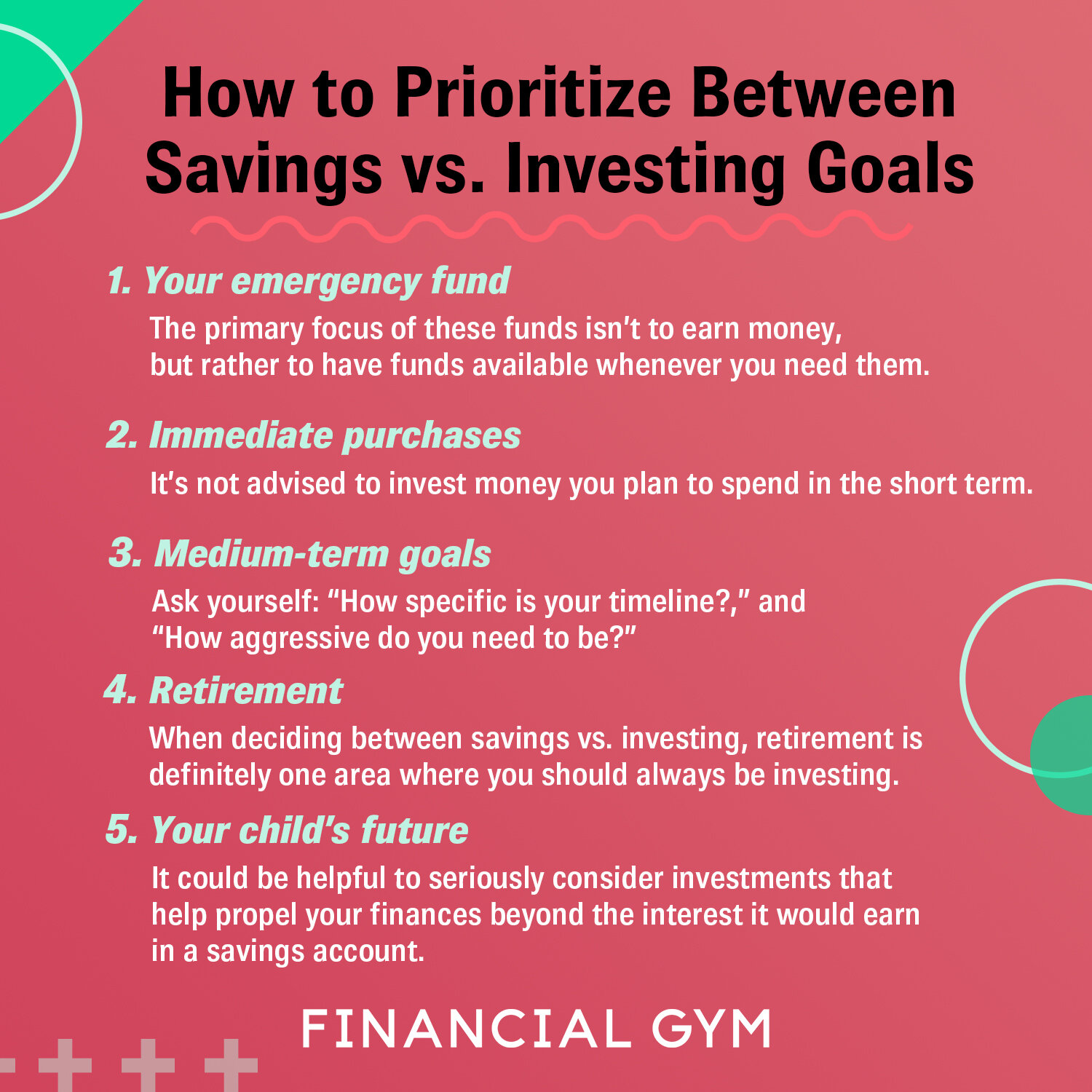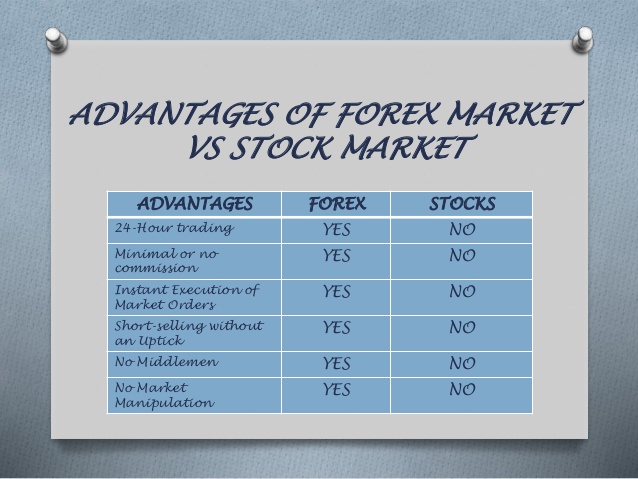
If you're considering high yield bonds as an investment, you probably have questions about what to look out for. High yield bonds aren't for the faint-hearted, after all. Here, we'll discuss Interest rates, Credit ratings, and common characteristics. Before we get into the details, let's look at some common characteristics of high-yield bonds. For those still unsure, here are some tips.
Interest rates
High yield means that the bond yields are higher. High yield bonds typically have a shorter maturity time of about 10 years. They are also generally callable which means that the issuer can repurchase the bond at later dates. High yield bonds are more volatile than other types, and prices respond more strongly to corporate earnings and economic developments than to daily interest rate fluctuations. High yield bonds are more likely to outperform other forms of fixed income, so investors might be more interested in them.
High yield bonds carry a greater risk than investment-grade bonds due to their higher yield. Due to their lower credit quality, they are more susceptible to default which causes the price of high yield bonds to fall. Because of this, they pay higher interest rates. High-yield securities are most often issued by startups, small, capital-intensive and "fallen angels" which have a poor credit rating. High-yield bonds have risks, which investors should not underestimate.

Credit ratings
It is not easy to see the cycle of credit ratings for high yield bond bonds. Rising stars are attracting attention but it is important to watch the market's trajectory. Rising stars are becoming more popular due to their ability signal future price support. They are also more costly than their predecessors. The entire market cycle revolves around the changes in credit ratings. A rising star is also indicative of a better quality product.
High-yield bonds are not considered high-quality investments. They do not have the same credit rating as investment-grade bonds. This makes them less attractive to most investors. The credit rating assigned to them by the rating agency is not fixed and may change depending on the performance of their issuer. This can lead to high-yield bonds becoming junk or investment-grade. In order to avoid such risks, investors should only invest in high-quality bonds.
Common characteristics
High yield bonds are unsecured obligations with a higher default risk. Unlike investment grade bonds, high yield bonds have less stringent covenants and may be more flexible than bank loans. These covenants are often changed during the marketing process. NerdWallet uses over 15 factors in its scoring formula to assess high yield bonds. Here are some characteristics that high yield bonds share. If you're considering investing in this type of debt, you should read the information provided in the introductory section of this article.
High yield bonds are able to generate equity-like returns while exposing investors to speculative-grade risk. The high yield market is not as positive as investment-grade bonds or equities. Investors need to be mindful of the risks when investing in this kind of bond. However, this type of debt is more yielding than treasuries.

Investing in high-yield bonds
You might be tempted to buy high yield bonds if you desire a higher return on your investments. However, you must be aware of the risks associated with this type of investment. It's recommended that you seek the advice of a financial advisor before investing in high yield bonds. It is important to assess your risk tolerance, time horizon, current asset allocation, and other factors before investing in this type.
High-yield stocks tend to move in similar directions as high-yield bonds, which may make them less useful for diversifying a stock-heavy portfolio. Furthermore, they tend to have lower liquidity than investment grade bonds. High-yield bonds are also more susceptible to being downgraded by credit rating agencies. This can affect the bond's value. Therefore, it's crucial to research any potential investments thoroughly. An advisor can provide guidance.
FAQ
What is the role of the Securities and Exchange Commission?
SEC regulates brokerage-dealers, securities exchanges, investment firms, and any other entities involved with the distribution of securities. It enforces federal securities laws.
What are some advantages of owning stocks?
Stocks are less volatile than bonds. The value of shares that are bankrupted will plummet dramatically.
If a company grows, the share price will go up.
For capital raising, companies will often issue new shares. This allows investors to buy more shares in the company.
To borrow money, companies can use debt finance. This allows them to access cheap credit which allows them to grow quicker.
When a company has a good product, then people tend to buy it. As demand increases, so does the price of the stock.
Stock prices should rise as long as the company produces products people want.
What is a Stock Exchange?
Companies sell shares of their company on a stock market. This allows investors to purchase shares in the company. The market determines the price of a share. It is usually based on how much people are willing to pay for the company.
Companies can also raise capital from investors through the stock exchange. To help companies grow, investors invest money. They do this by buying shares in the company. Companies use their money as capital to expand and fund their businesses.
A stock exchange can have many different types of shares. Some of these shares are called ordinary shares. These are the most common type of shares. Ordinary shares can be traded on the open markets. Prices for shares are determined by supply/demand.
Preferred shares and debt security are two other types of shares. When dividends become due, preferred shares will be given preference over other shares. If a company issues bonds, they must repay them.
Statistics
- Individuals with very limited financial experience are either terrified by horror stories of average investors losing 50% of their portfolio value or are beguiled by "hot tips" that bear the promise of huge rewards but seldom pay off. (investopedia.com)
- For instance, an individual or entity that owns 100,000 shares of a company with one million outstanding shares would have a 10% ownership stake. (investopedia.com)
- Even if you find talent for trading stocks, allocating more than 10% of your portfolio to an individual stock can expose your savings to too much volatility. (nerdwallet.com)
- US resident who opens a new IBKR Pro individual or joint account receives a 0.25% rate reduction on margin loans. (nerdwallet.com)
External Links
How To
How to invest in the stock market online
Stock investing is one way to make money on the stock market. There are many ways you can invest in stock markets, including mutual funds and exchange-traded fonds (ETFs), as well as hedge funds. The best investment strategy depends on your investment goals, risk tolerance, personal investment style, overall market knowledge, and financial goals.
You must first understand the workings of the stock market to be successful. Understanding the market, its risks and potential rewards, is key. Once you understand your goals for your portfolio, you can look into which investment type would be best.
There are three major types of investments: fixed income, equity, and alternative. Equity is ownership shares in companies. Fixed income can be defined as debt instruments such bonds and Treasury bills. Alternatives include commodities like currencies, real-estate, private equity, venture capital, and commodities. Each category has its pros and disadvantages, so it is up to you which one is best for you.
Once you figure out what kind of investment you want, there are two broad strategies you can use. One strategy is called "buy-and-hold." You purchase a portion of the security and don't let go until you die or retire. The second strategy is "diversification". Diversification means buying securities from different classes. If you buy 10% each of Apple, Microsoft and General Motors, then you can diversify into three different industries. Multiple investments give you more exposure in different areas of the economy. You can protect yourself against losses in one sector by still owning something in the other sector.
Risk management is another crucial factor in selecting an investment. Risk management will allow you to manage volatility in the portfolio. A low-risk fund would be the best option for you if you only want to take on a 1 percent risk. On the other hand, if you were willing to accept a 5% risk, you could choose a higher-risk fund.
Learn how to manage money to be a successful investor. Planning for the future is key to managing your money. You should have a plan that covers your long-term and short-term goals as well as your retirement planning. You must stick to your plan. Don't get distracted by day-to-day fluctuations in the market. Keep to your plan and you will see your wealth grow.